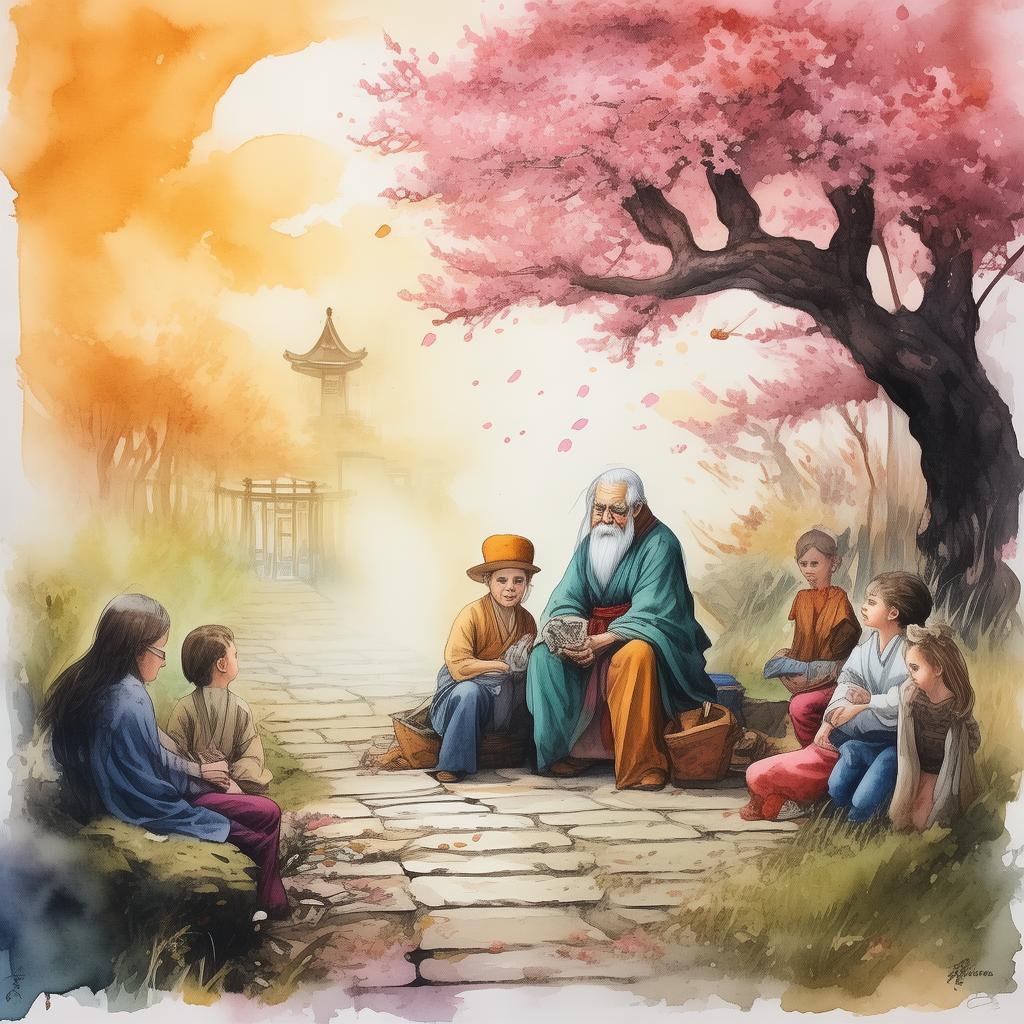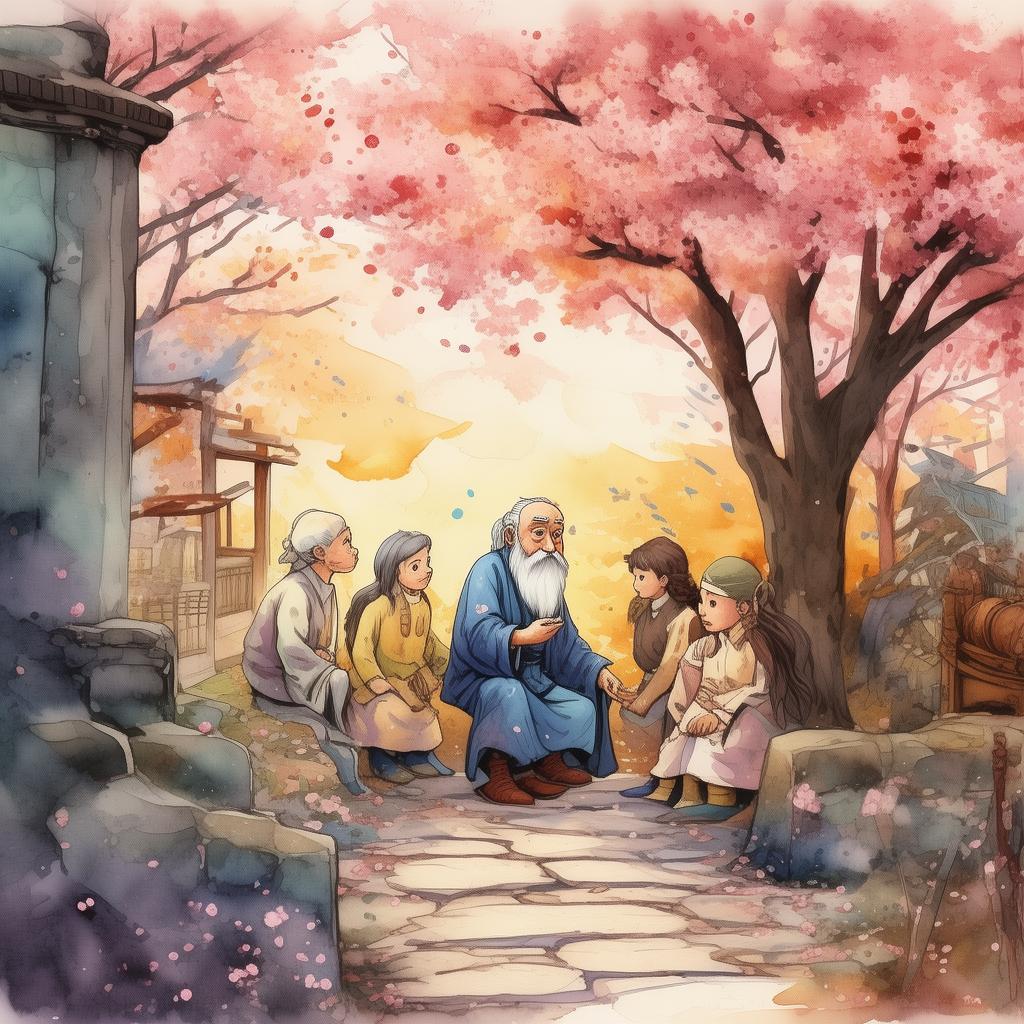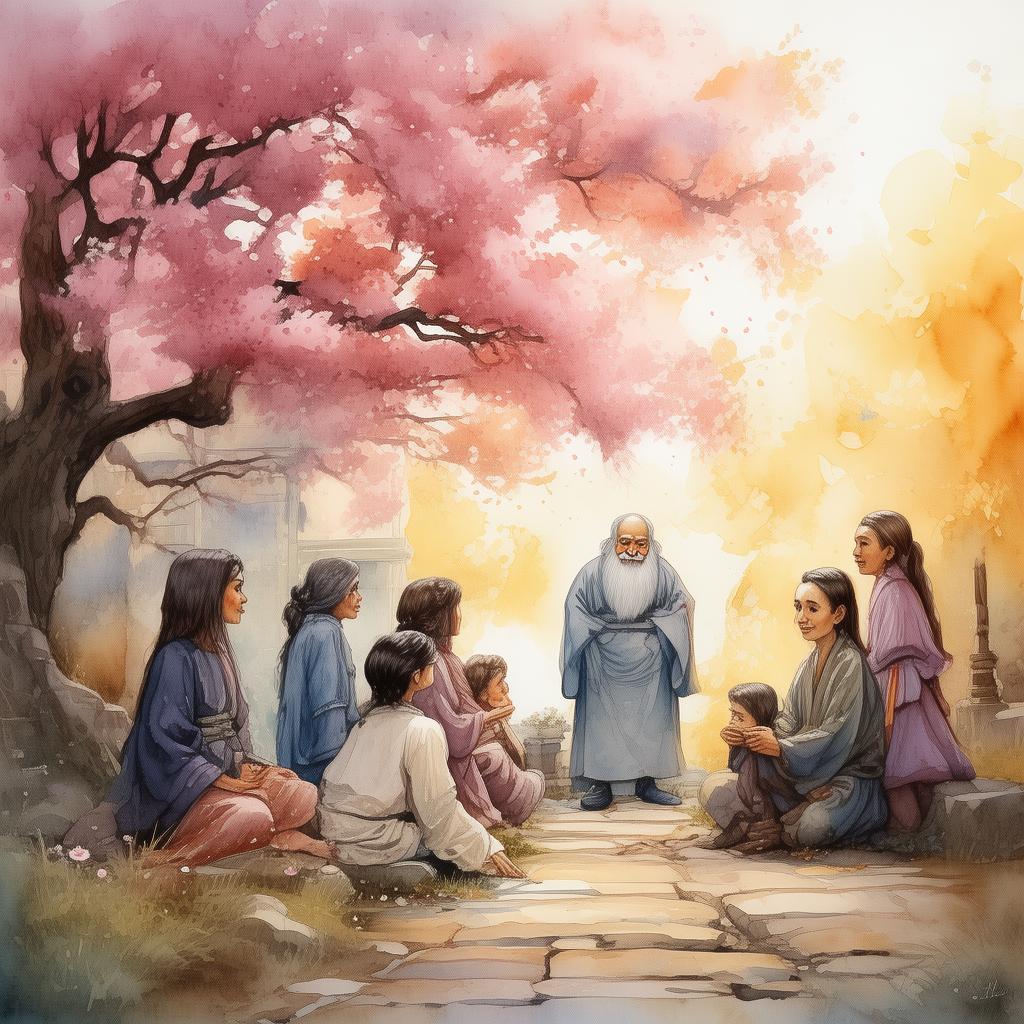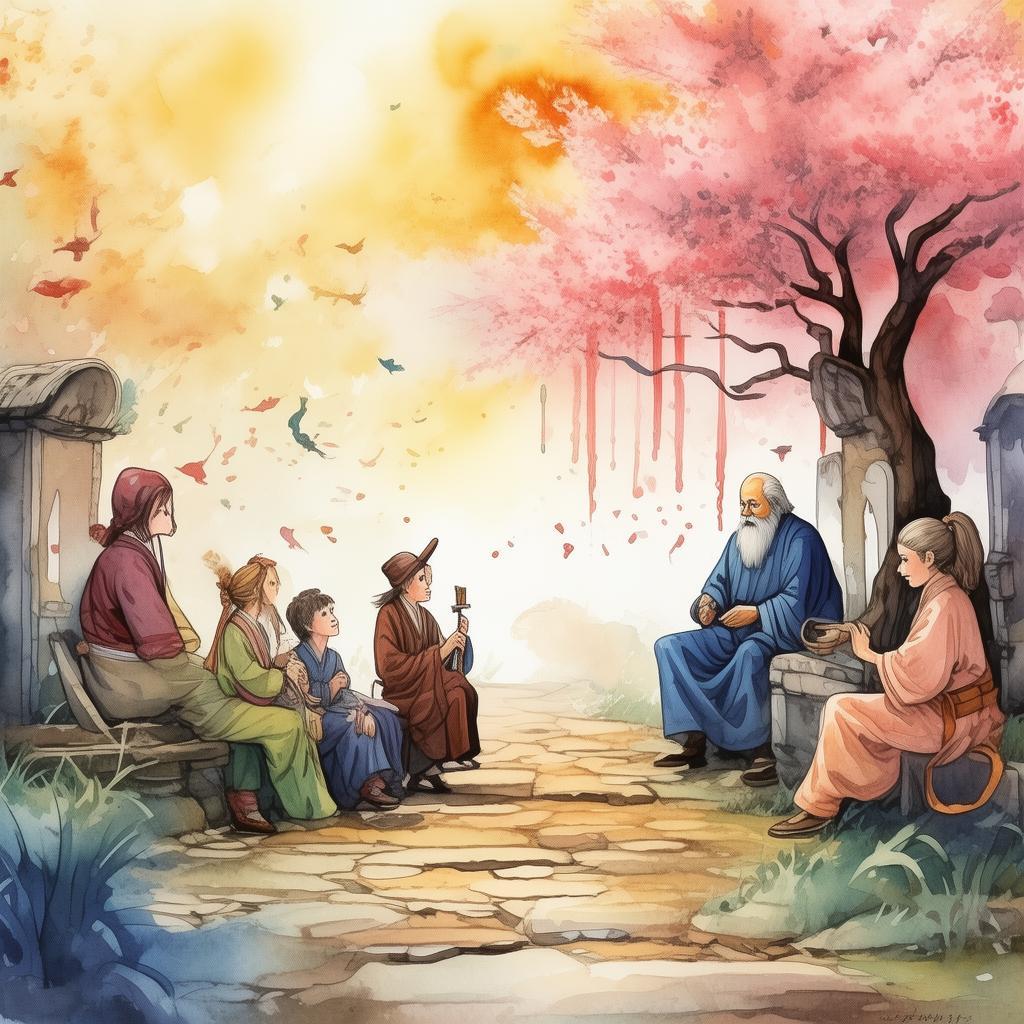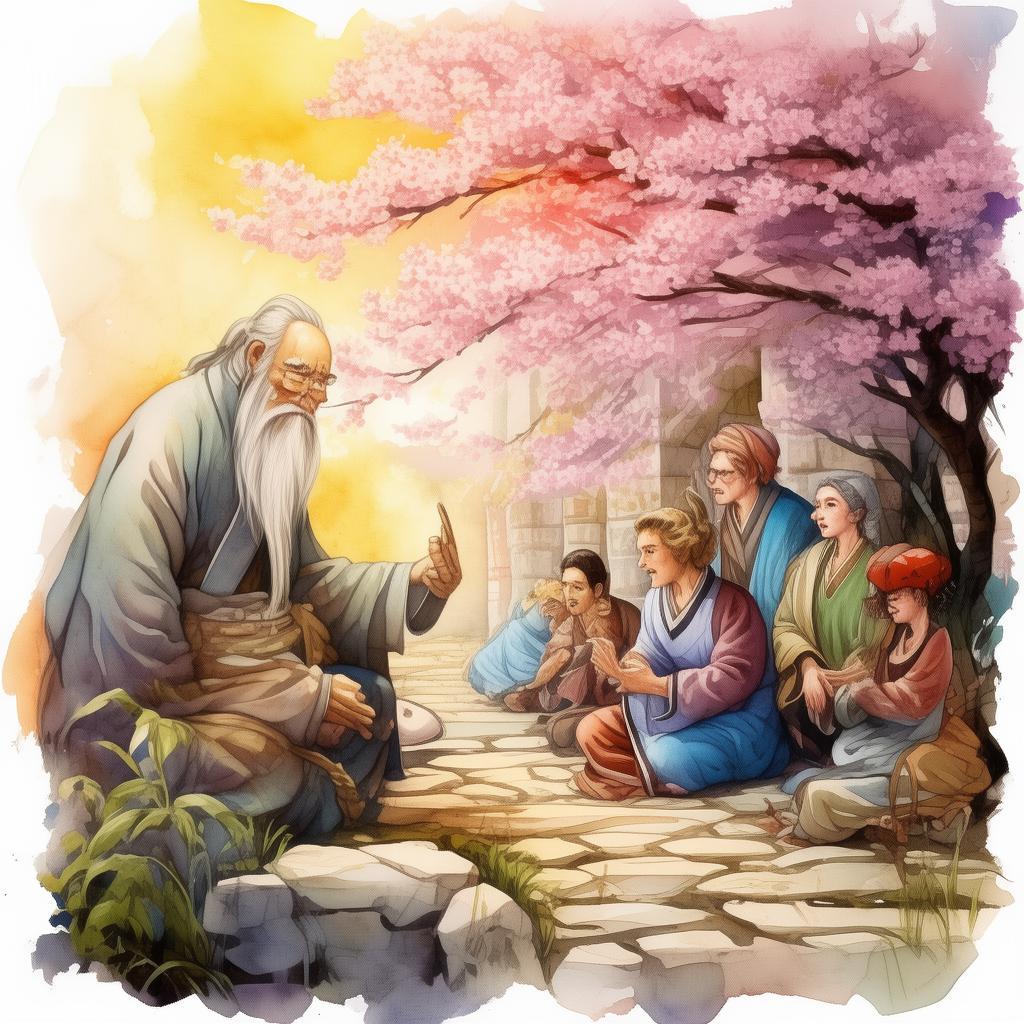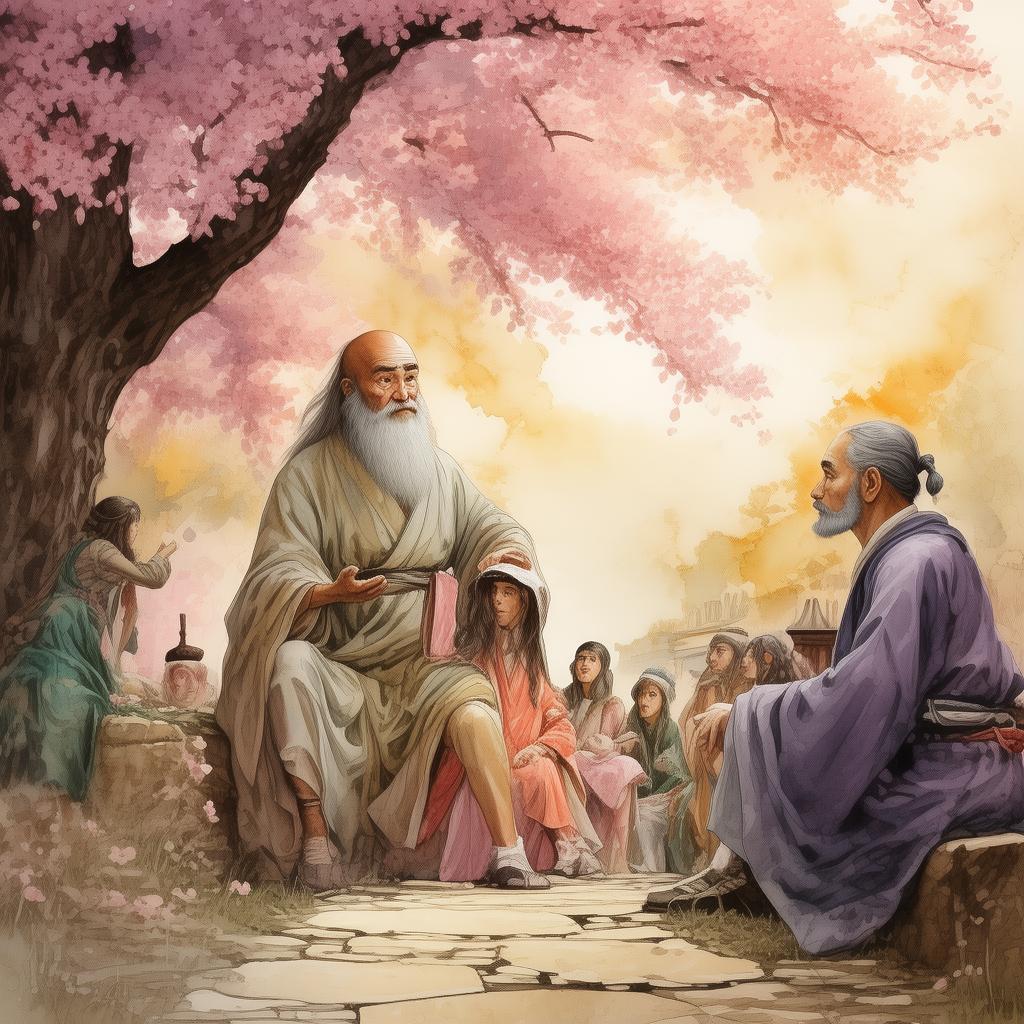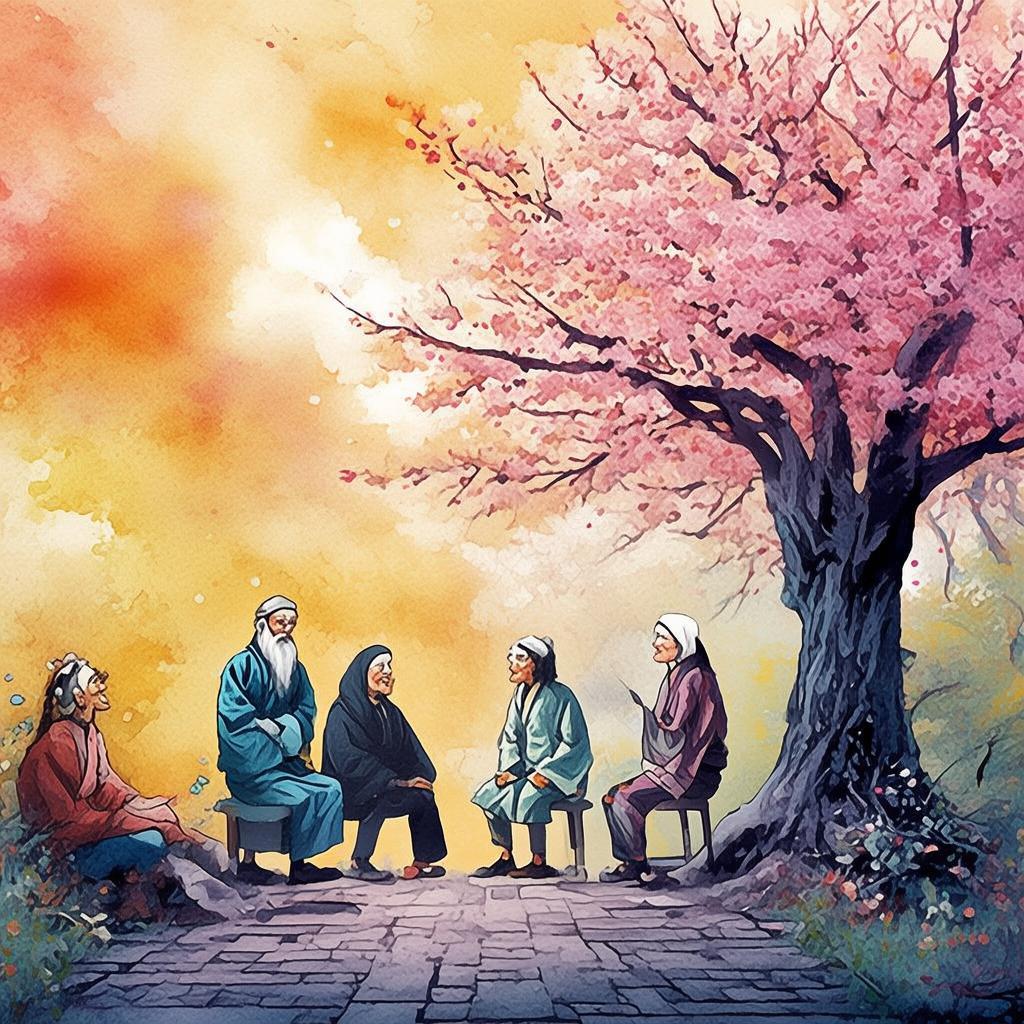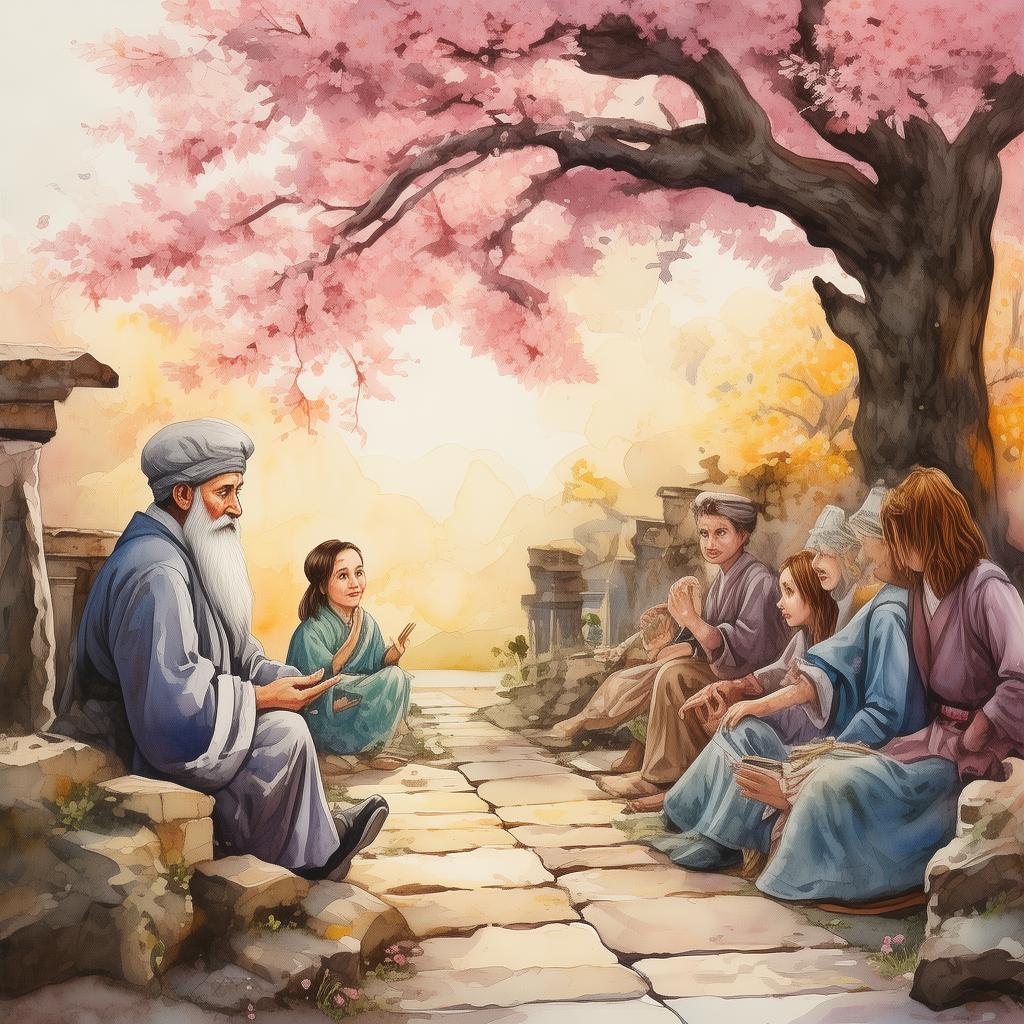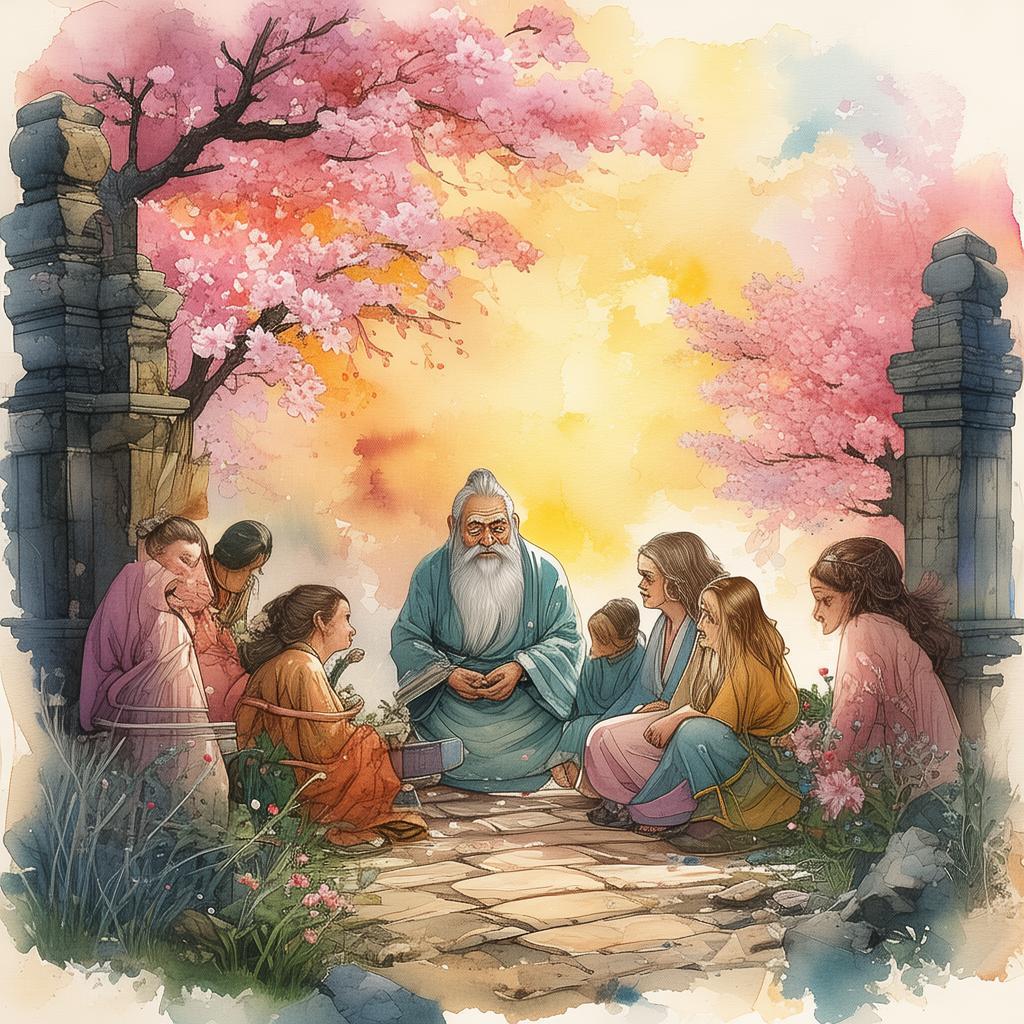The Bamboo Slippers' Secret: A Shandong Tale of Deception and Discovery
In the heart of the Shandong province, nestled among the rolling hills and lush greenery, there lay a small, unassuming village named Longsheng. The villagers were a close-knit community, living in harmony with their surroundings. They spoke with a distinct dialect, a blend of Shandong and the ancient Chinese language, and their traditions were steeped in the rich tapestry of their history.
Among the villagers was a young woman named Mei, known for her gentle demeanor and her skillful hands. She was an expert in crafting bamboo slippers, a tradition passed down through generations. Mei's slippers were not just ordinary; they were imbued with a special secret, a secret that had been kept hidden for centuries.
Mei's grandmother had always told her that the bamboo slippers she made were not just for comfort, but for revealing hidden truths. She had spoken in riddles, her voice barely above a whisper, "The slipper's secret, only to the wise. The path it shows, to the heart's delight."
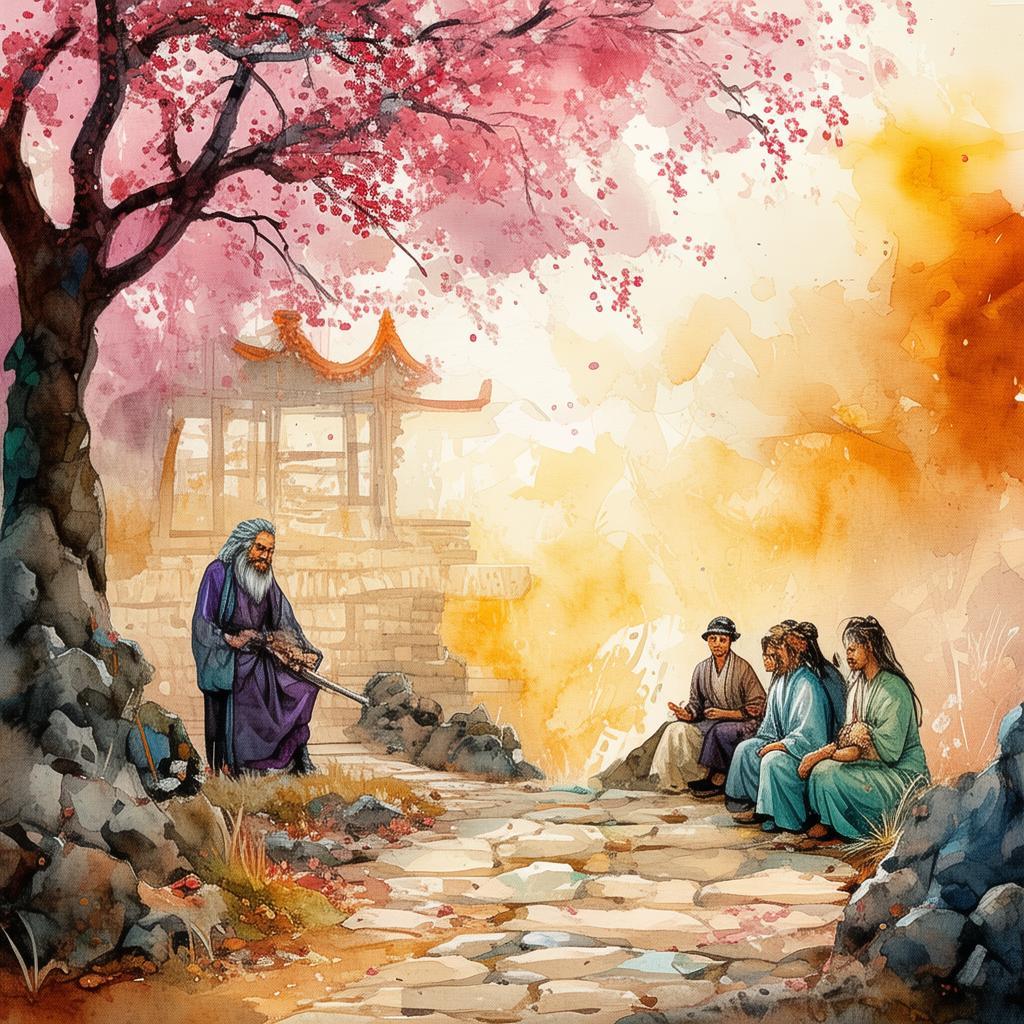
One evening, as Mei sat by her window, her fingers deftly weaving the bamboo strips, she noticed an old slipper that had been hidden away. It was unlike any she had seen before, intricately carved with symbols and a single, peculiar mark that seemed to glow faintly in the moonlight.
Curiosity piqued, Mei decided to test the slipper's secret. She placed it on her foot, and as she stepped forward, the symbols began to glow brighter, and a path unfolded before her. The path led through the dense bamboo forest, past the whispering streams, and eventually to an ancient temple hidden in the heart of the mountains.
Inside the temple, Mei found an old scroll, covered in dust and cobwebs. She carefully unrolled it and discovered a tale of a long-forgotten betrayal. The story spoke of a powerful family, the Li family, who had once ruled the village. They had hidden a great secret, a treasure that would bring immense power and wealth to whomever possessed it.
The treasure was not gold or jewels, but a scroll of ancient wisdom, known as the "Book of Shadows." It was said to hold the power to change the fate of the village and its people. However, the scroll was guarded by a riddle, and only those with the true heart could unlock its secrets.
As Mei pondered the riddle, she realized that the riddle was a reflection of her own life. She had always been kind and compassionate, traits that were often overlooked. The riddle spoke of a person who was "as silent as the bamboo, as gentle as the wind, and as true as the sun." Mei knew that she was the one who could unlock the scroll.
With the scroll in hand, Mei returned to the village. She shared her discovery with the villagers, and together they embarked on a journey to uncover the truth. As they delved deeper into the past, they uncovered a web of deception and betrayal that had been hidden for generations.
In the end, Mei's courage and integrity led the village to peace and prosperity. The "Book of Shadows" was not a source of power, but a reminder of the strength found in unity and the power of truth. Mei's bamboo slippers, once a symbol of comfort, now stood as a testament to the village's resilience and the enduring power of honesty.
The tale of the bamboo slipper spread far and wide, becoming a popular idiom in Shandong. It was said, "As silent as the bamboo, as true as the sun," a reminder that sometimes, the most powerful secrets are those that remain hidden beneath the surface, waiting to be uncovered by those with a pure heart.
✨ Original Statement ✨
All articles published on this website (including but not limited to text, images, videos, and other content) are original or authorized for reposting and are protected by relevant laws. Without the explicit written permission of this website, no individual or organization may copy, modify, repost, or use the content for commercial purposes.
If you need to quote or cooperate, please contact this site for authorization. We reserve the right to pursue legal responsibility for any unauthorized use.
Hereby declared.
